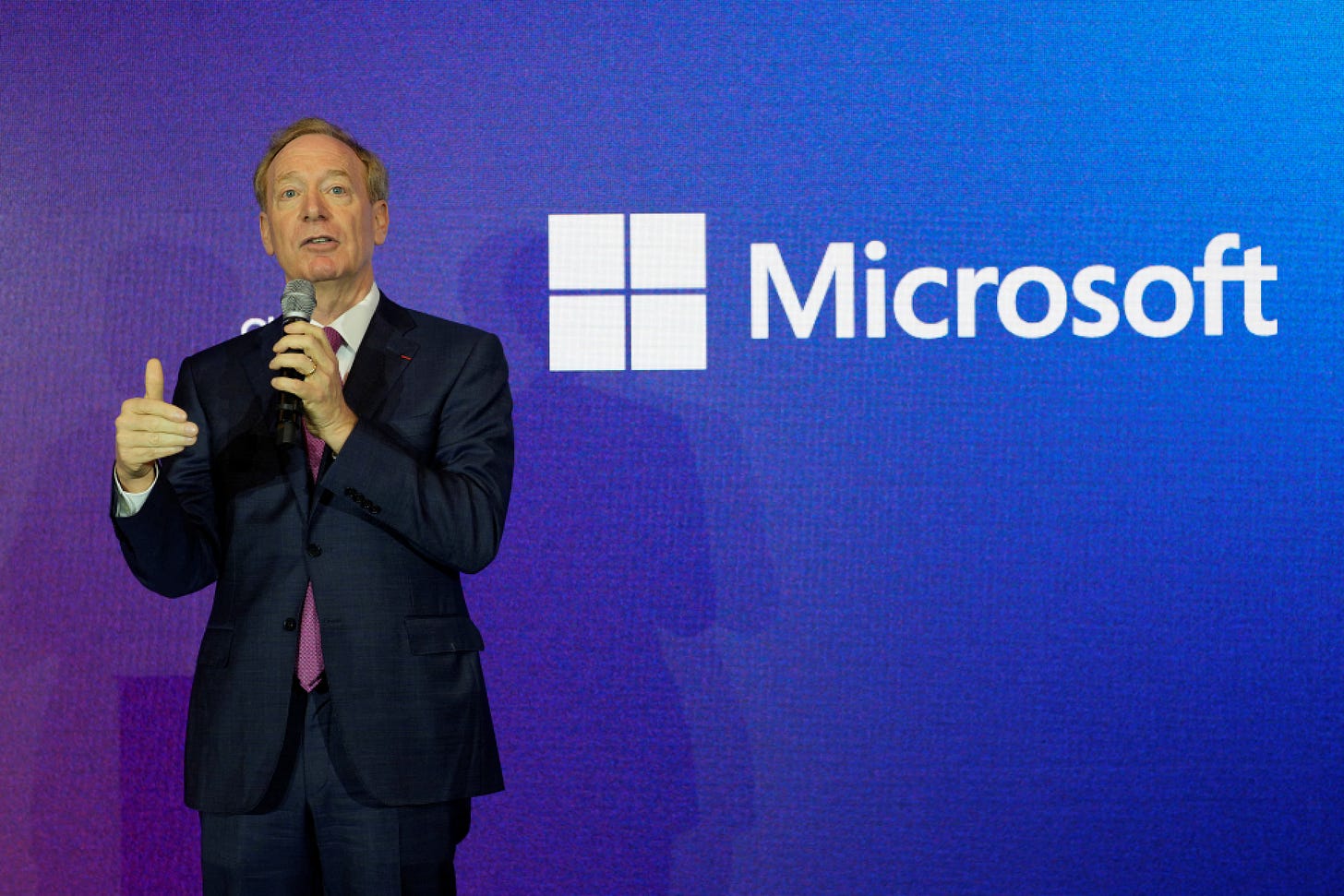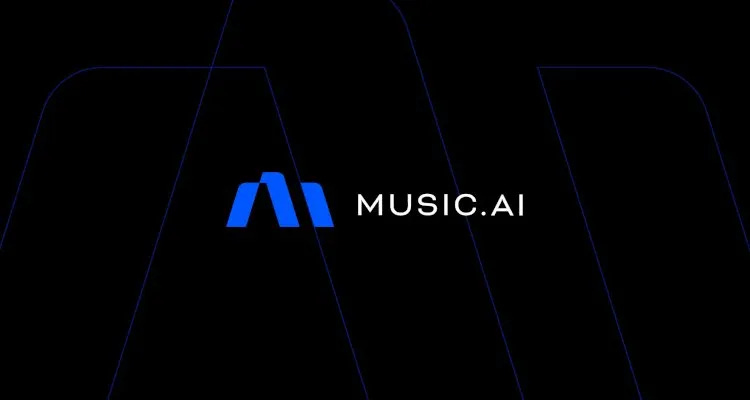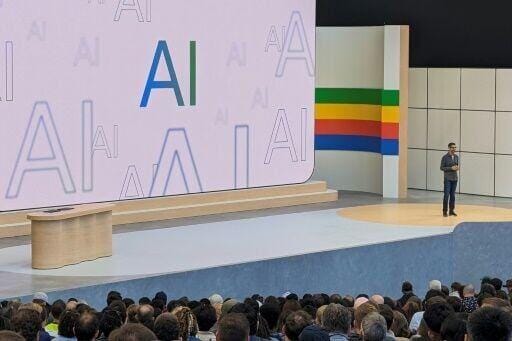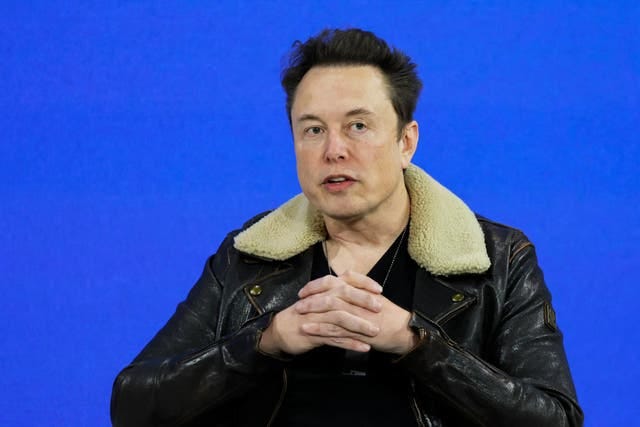AI Advances Raise Concerns Over National Security, Job Losses Amid Major Tech Deals
Microsoft's UAE Partnership, Google's Search Blunders, and Elon Musk's Dire Warnings Highlight Rapidly Evolving AI Landscape
Microsoft's AI Deal with UAE Firm Raises National Security Concerns
Microsoft's $1.5 billion partnership with the UAE-backed AI firm G42 could allow the export of sensitive AI technologies like model weights, raising national security concerns from U.S. lawmakers. Republican congressman Michael McCaul warned it risks helping develop powerful AI for chemical and nuclear weapons by potentially exposing technology to Chinese espionage.
"Congress still has not received a comprehensive briefing...about this agreement," said McCaul, chairman of the House Foreign Affairs Committee. "I am concerned the right guardrails are not in place to protect sensitive U.S.-origin technology."
The deal currently lacks direct U.S. government oversight, instead relying on the companies' assurances to their home nations. Microsoft is considering options like "vaults within vaults" to physically isolate AI componentry, though details around safeguarding unencryptable model weights remain unclear.
The closed-door nature of the negotiations has alarmed lawmakers pushing for a legal framework explicitly governing transfers of such AI tech. Microsoft executives say the agreement prevents Chinese access but measures haven't been made public. They welcome debate on new AI export rules as regulators rush to keep pace with the rapidly advancing technologies.
AI-powered audio service Music.AI has announced a new partnership with cloud platform Vultr, focused initially on accelerating the training of its AI models. The deal will allow Music.AI to train its models 4 times faster than before, by utilizing Vultr's Dell PowerEdge servers with NVIDIA's powerful H100 Tensor Core GPUs.
"With their help, we will grow and scale our enterprise business, delivering state-of-the-art AI solutions for stem separation, voice timbre modeling, and more," said Hugo Rodrigues, CTO of Music.AI.
The ability to train large AI models much more efficiently is a major advantage in the resource-intensive world of AI development. Many leading AI companies have struggled with the immense computing costs required.
By partnering with Vultr, Music.AI gains access to their 32 global data center locations across 6 continents. This global footprint will enable not just faster training, but possibilities for regional tuning and inference deployment as well.
The deal comes as the audio AI space is heating up, with companies like Suno recently raising $125 million. There is also increasing scrutiny around ethical practices in generative AI, with groups like WIN releasing guidelines.
Music.AI emphasizes the "ethical" nature of its AI models and technologies. Rapidly accelerating its training capabilities through cloud partnerships could give it an edge in this intensely competitive field.
Google Tweaking AI Overview After Search Result Gaffes
Google said it is taking "swift action" to improve its AI-powered search result summaries after users mocked blatant blunders like stating Barack Obama was the first Muslim U.S. president. Google users lampoon ed erroneous "AI Overview" responses to queries like whether to stare at the sun or eat stones. "We're taking swift action...and using these examples to develop broader improvements," a Google spokesperson said. One problematic summary claimed adding non-toxic glue to pizza sauce stops cheese from sliding off, traced to a child's Reddit post. Google recently rolled out the AI summaries in a major search engine update.
No One Is Safe: Elon Musk Predicts AI Is Coming for All Our Jobs
Elon Musk has issued a stark warning - artificial intelligence could soon render almost all human jobs obsolete. Speaking remotely at the VivaTech conference in Paris, the Tesla CEO bluntly stated, "Probably none of us will have a job." As AI capabilities rapidly advance, Musk cautioned that roles requiring creativity and emotional intelligence may be among the few positions still viable for humans.
However, he suggested a potential upside, proposing the need for a "universal high income" rather than just a basic income, as AI "will provide any goods and services that you want." Musk envisions a future where AI does most labor, leaving humans to pursue optional "hobby" jobs if desired.
Despite co-founding OpenAI, Musk has become a vocal critic calling for AI regulation, recently expressing fears over ultra-intelligent AI that could emerge as soon as next year, posing existential risks to humanity's future.







